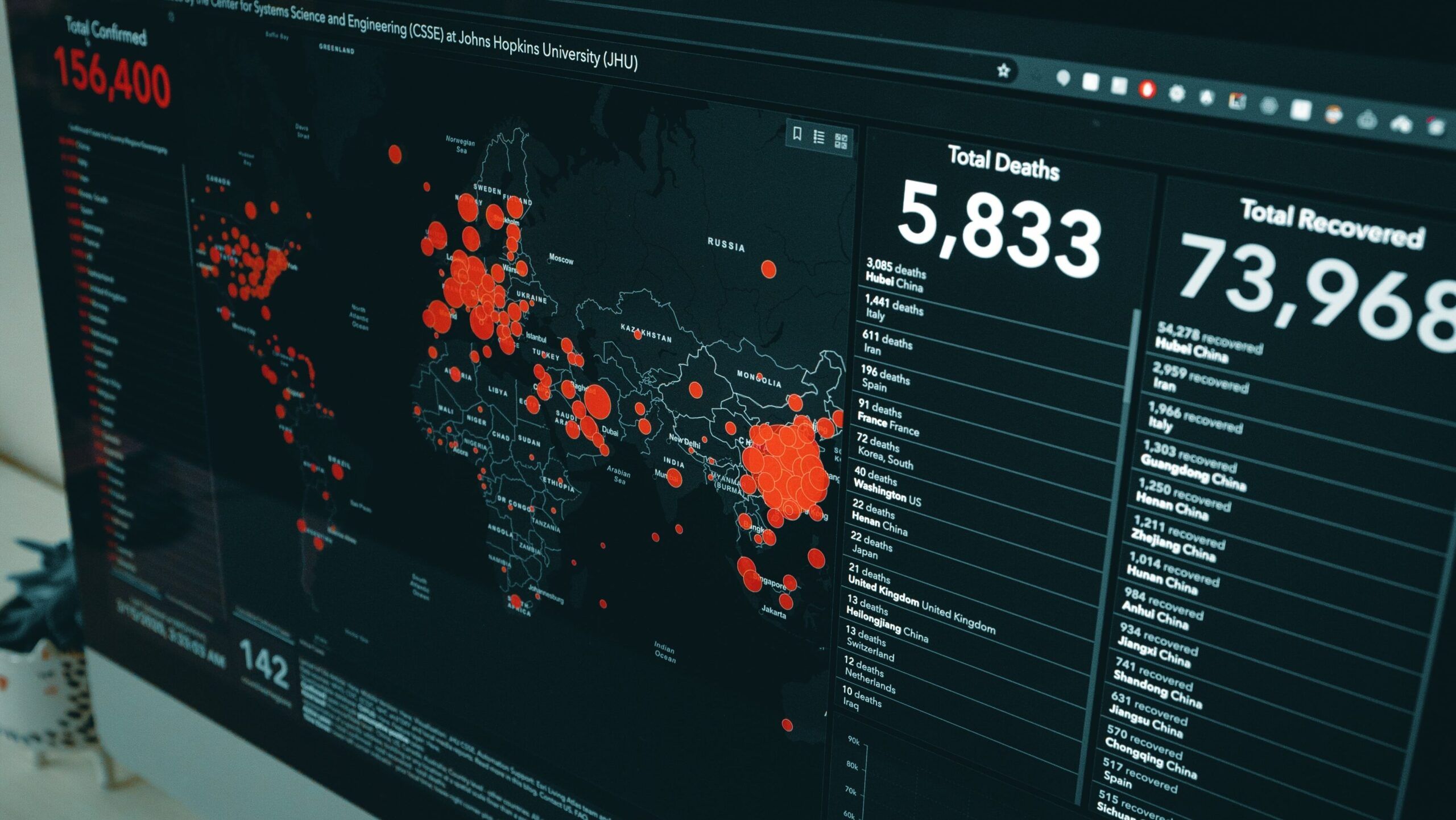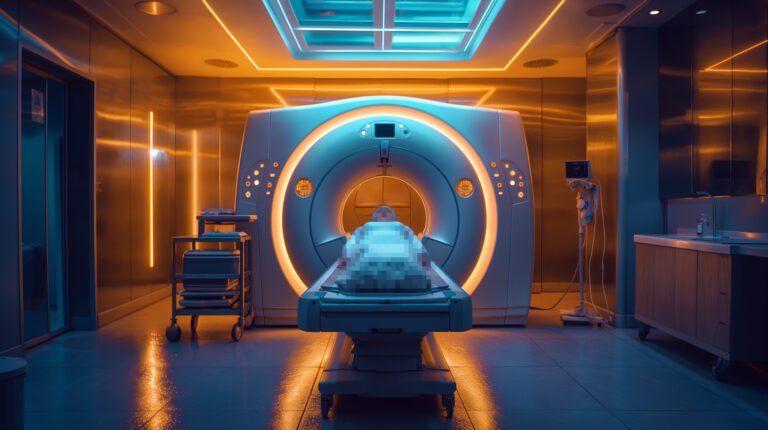Artificial intelligence (AI) and machine learning are here – real, viable technologies used to glean insights from reams of data at a speed and efficiency impossible for humans to match. AI can be deployed wherever there is data, including in the medical sector. Today, for the first time in history, AI is being used as a critical tool in the fight against a worldwide pandemic.

Predictive Powers
AI and machine learning use human-created algorithms to govern their behavior. As computers are fed more data, they become more efficient and accurate at doing what they are programmed to do: some automate repetitive tasks, using data labeled by humans to predict future outcomes, while others enhance human decision-making after analyzing information.
These predictive powers are proving especially useful in understanding the potential scope of the novel coronavirus – and how best to deploy resources to combat it. The field of outbreak analytics “seeks to gather all available data on an epidemic, including confirmed cases, fatalities, test results, tracing contacts of infected people, maps of population densities and demographics, traveler flows and migration, availability of health-care services, drug stockpiles and other factors,” then crunches the numbers via machine learning tools.
Outbreak analytics has been used to forecast the flu and other illnesses for several years, but the novel coronavirus has proven difficult to model. The newness of the virus and accompanying lack of data has created a challenge – research and advisory firm Gartner Inc. research vice president Jim Hare told the Wall Street Journal that attempting to predict outcomes about the virus is “like only being able to accurately forecast the weather using a temperature gauge.” Coupled with privacy concerns relating to tools like location tracking, which could help identify contact points between infected parties and others, and the challenge of forecasting the virus becomes more difficult – though made easier with machine learning.
More Uses for Hospitals
Pooling data, however, has made for better forecasts that are being deployed on the frontlines. Israel’s Sheba Medical Center “doubl[ed] the capacity of its isolated coronavirus units and isolated intensive care unit,” said Eyal Zimlichman, the chief medical officer and chief innovation officer of the hospital. It’s not the only AI-centric use case for that hospital and others. Sheba Medical Center is also “treat[ing] Covid-19 patients with AI-powered monitoring equipment,” while Florida’s Tampa General Hospital is “detect[ing] feverish visitors with a simple facial scan.” In each case, AI allows the institution to more efficiently identify at-risk patients while isolating them more quickly to prevent further spreading the virus.
Other companies are developing additional AI applications to help curb the virus’ spread. Persivia, a Massachusetts-based software company, has introduced an AI tool to “predict which patients likely have Covid-19 before they are tested [for the virus].” The tool, which is part of the company’s CareSpace platform, evaluates medical records using “a combination of machine learning and natural language processing to analyze structured data, such as vital signs, and unstructured data, including social and travel histories in patient notes” to then “make an immediate assessment and provide a recommended course of action.” Persivia announced it will refine the system as new data becomes available, allowing its tool to better spot cases and offer more tailored treatment recommendations, while minimizing exposure between sick and healthy people.
Working Towards a Vaccine
Regulatory frameworks make testing and approving new drugs for medical treatment a time-consuming process, but artificial intelligence, used in tandem with other technologies, is being used to search for and develop treatments for the virus more quickly and efficiently than ever before.
Massachusetts and China-based pharmaceutical technology company XtalPi is developing methods and workflows using AI and other high-tech tools to help accelerate research for coronavirus and future pandemics. XtalPi used its platform “to study the virus at the molecular level to assess potential mutations that can make the virus more likely to spread or harder to fight off,” then leveraged AI with computational chemistry to “[screen] about 2,900 approved drugs for repurposing candidates,” said co-founder and AI research head Lipeng Lai. After using AI to predict drug performance, the company was able to pare the list to 38 options, which are now undergoing biochemical experiments – an increase in efficiency “‘tens to hundreds’ times more efficient” than alternatives, said Lai.
What’s Next?
While artificial intelligence is not a silver bullet, its ability to efficiently and accurately crunch numbers is aiding the containment and treatment effort for the coronavirus. Lessons learned (and data parsed) now will help society address future outbreaks of other illnesses. No longer the realm of sci-fi, AI is here – and assisting – in the fight against the coronavirus pandemic.







